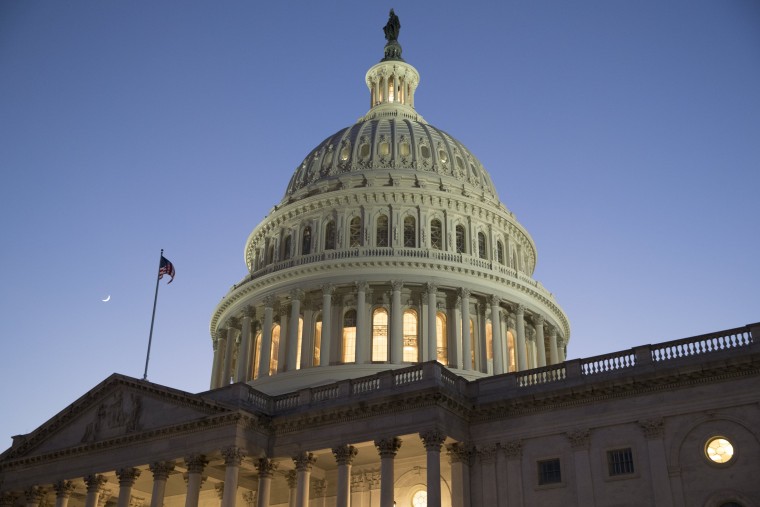During a rather remarkable Senate hearing a few weeks ago, Sen. Chris Coons (D-Del.) posed an easy question to Attorney General Bill Barr: "Going forward, what if a foreign adversary ... offers a presidential candidate dirt on a competitor in 2020? Do you agree with me the campaign should immediately contact the FBI?"
Though the obvious answer was "yes," the attorney general sat in silence for six seconds, weighing how to respond. "If a foreign government? If a foreign intelligence service?" Barr eventually asked in response. He soon after conceded, "If a foreign intelligence service does, yes."
It wasn't a trick question, and there's no reason the Republican lawyer should've paused as long as he did. If an American adversary tries to intervene in an American election by offering "assistance" to a preferred campaign, basic levels of patriotism, decency, and common sense should kick in -- and the authorities should be contacted.
But perhaps patriotism, decency, and common sense aren't quite enough. Sen. Mark Warner (D-Va.), the top Democrat on the Senate Intelligence Committee, this morning introduced the Foreign Influence Reporting in Elections Act -- or FIRE Act -- to legally require campaigns to report attempts at foreign elections influence to the FBI and the FEC.
The FIRE Act would require all campaign officials to report, within one week, any contacts with foreign nationals attempting to make campaign donations or otherwise coordinate with the campaign through the proffer of information or services. Campaigns would be required to implement a compliance system to monitor reportable foreign contacts with campaign representatives and to train all onboarding employees and other associates on their legal obligations.The candidate him or herself must certify that this compliance system is in place. The campaign would also be responsible for reporting applicable foreign contacts to the FEC, which would notify the FBI, and preserving relevant records.
The proposal was formally introduced yesterday and was given a bill number (S. 1562). It does not yet have any co-sponsors.
What I find remarkable, though, is the fact that such legislation would even be considered necessary.
What's more. it's also not the only bill of its kind. Last summer, long before he launched a presidential bid, Rep. Eric Swalwell (D-Calif.) championed the Duty to Report Act, which would "explicitly require candidates and campaigns to notify the FBI if anyone representing a foreign power offers dirt on that candidate's opponents."
The bill didn't gain any traction when Republicans controlled the levers of power in the lower chamber, and if recent history is any guide, the GOP-led Senate won't pay Mark Warner's bill much interest, either.
But to the extent that principles matter, there's nothing inherently partisan or ideological about these efforts. Why shouldn't Republicans support mandatory reporting requirements when foreign adversaries target U.S. elections?
